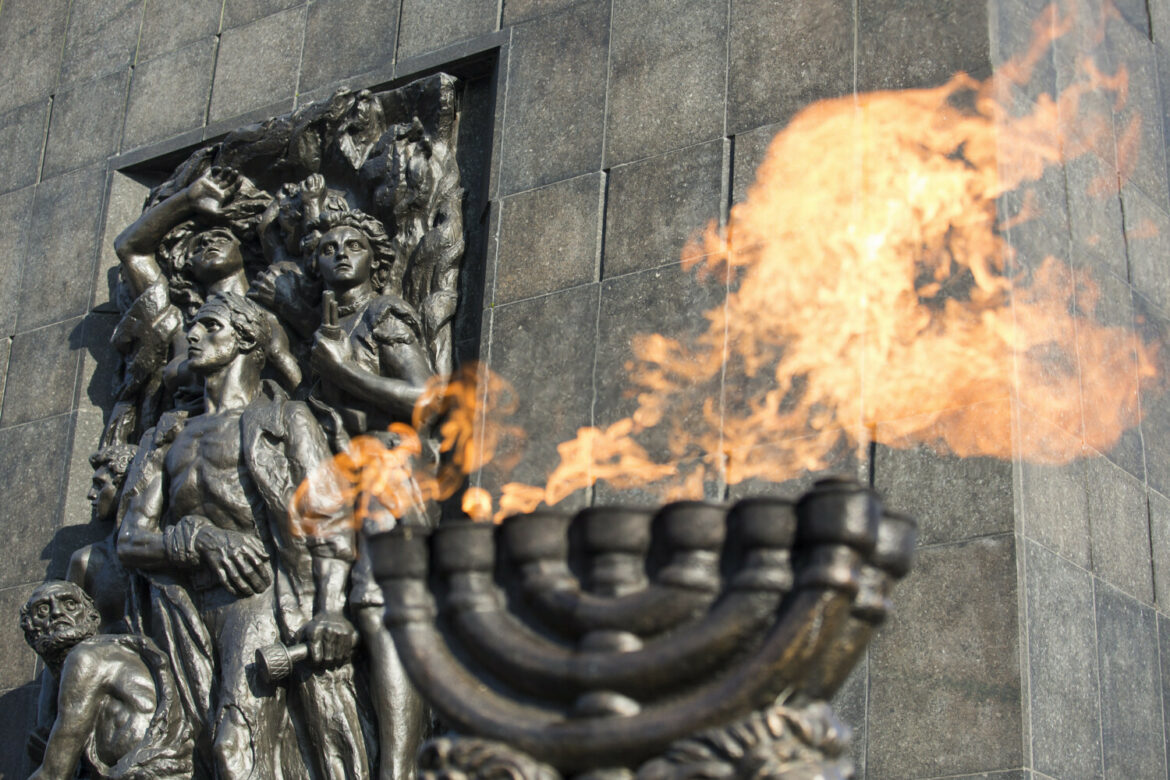On Thursday, January 27, the world celebrates the International Holocaust Remembrance Day, established by the United Nations (UN) General Assembly to commemorate Jews murdered by Germans during World War II. The date of the holiday commemorates the liberation of the German Nazi concentration camp Auschwitz-Birkenau by Red Army troops in 1945. The camp Auschwitz-Birkenau is one of the most important Holocaust Memorials.
The German Nazi concentration camp KL Auschwitz-Birkenau claimed approximately 1.1 million victims out of 1.3 million prisoners. About 90% of them were Jews from all over Europe. Also, at least 70,000 Poles, 20,000 Roma, 15,000 Soviet prisoners of war and 10-15,000 prisoners of other nationalities died in the camp. The total number of victims of the Holocaust is estimated at nearly 6 million, one third of whom were children.
The International Holocaust Remembrance Day was established on November 1, 2005 by a resolution of the United Nations General Assembly. The holiday honors the murdered and is also an appeal to counteract any form of Holocaust denial.
On January 20, on the 80th anniversary of the Wannsee conference, when the German leaders of the Third Reich agreed a plan for the “final solution to the Jewish question” the UN General Assembly unanimously adopted a resolution on Holocaust denial. The resolution includes amendments proposed by Poland, including honoring the courage and sacrifice of members of the resistance movements fighting the Nazis, and paying tribute to those who saved and helped save Jews.
The resolution made it clear that the victims of the German camps included other nationalities. The document appreciates the member states actively involved in caring for the Holocaust victims and memorials.
The Ministry of Culture and National Heritage informs, that the theme guiding the United Nations Holocaust remembrance in 2022 is “Memory, Dignity and Justice”. The anniversary celebrations and educational programs focus on the fates of the Holocaust survivors in the first years after the war, when they regained their rights, history, heritage and dignity.
Arkadiusz Słomczyński





